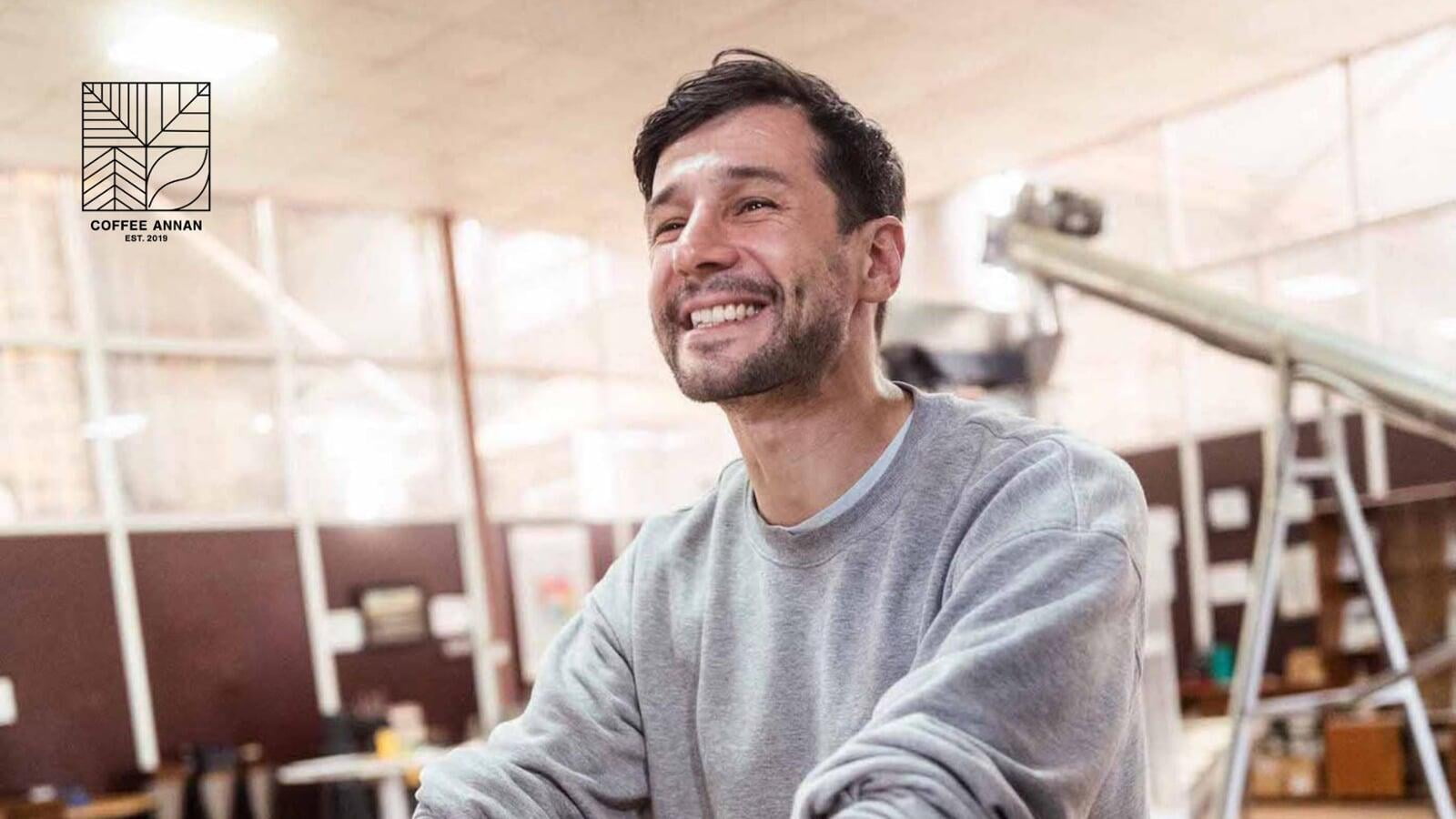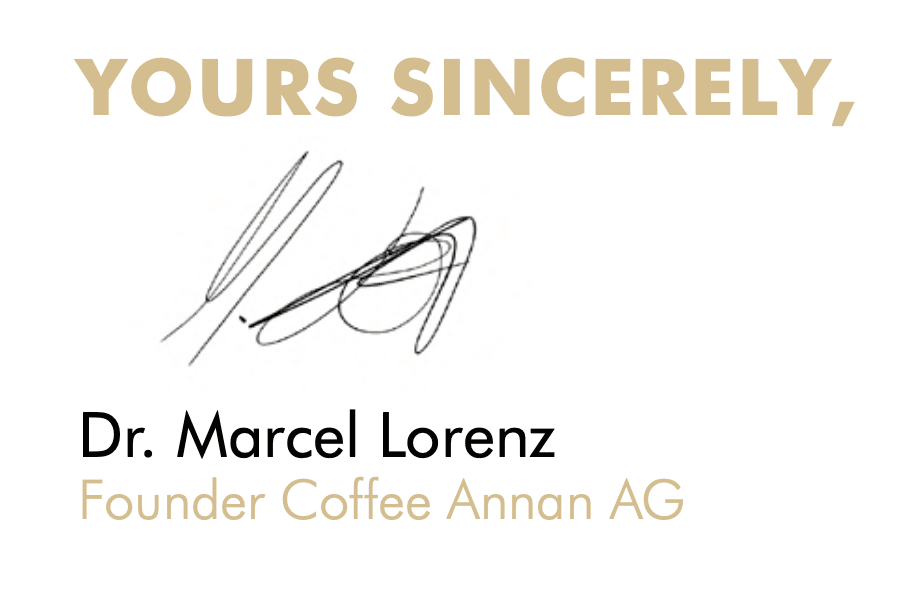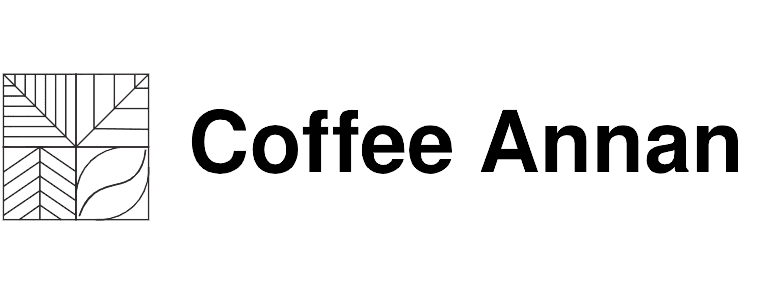Dear coffee lover
To be honest with you, coffee and me; that wasn’t love at first sight. Only when I turned 30 years old I started drinking (but not enjoying) it. At this time, I just used coffee to stay awake during tiresome night shifts. This changed when I moved to Warsaw, Poland and experienced specialty coffee for the first time. These coffees are ranked among the best coffees in the world and are characterized by the finest quality. The distinct flavors, sweetness and mouthfeel blew me away when I had my first Columbian Geisha. This marked the start of a journey of exploring various coffees from different parts of the world.

Eventually, I started dreaming about making my own coffee brand, driven by getting the most out of the greatest coffees. I travelled to Ethiopia, the motherland of coffee, and visited coffee producers along the entire value chain. I found it a normal thing to do to learn from the people who work at the beginning of the chain. It was an insightful learning and it was great to see what positive effect direct trade can have on the life of farmers and pickers. Through direct relations, the farmers get more money and that’s what we all want.
But what comes after farming? Virtually all the coffees in the world leave the producing country as a raw material and are roasted in the consuming countries. The coffee value increases inequitably, or in short: money is made where we drink coffee and not where we produce coffee. Consequently, 90% of the coffee-producing countries are still dependent on financial aid, despite coffee being among the most traded agricultural products in the world.
Being on the verge of becoming a coffee entrepreneur, I started to question myself: does it really need another micro-roastery? I doubted that it would have a measurable impact. But I did believe it requires another coffee brand that focuses on the fundamental problems of the coffee chain: colonialism and inequalities.
In my view, coffees should be roasted in the countries of origin as trading real products instead of raw materials would keep more money in the poorest countries like Ethiopia. In a subsequent step, new jobs and even new industries would emerge along the entire value chain. That’s our theory of change: fighting extreme poverty by giving people jobs who do not even have the chance to work as farmers.
Therefore, I founded Coffee Annan. I wanted to give consumers the chance to buy selected specialty coffees directly from the producers and thereby helping developing countries to finally become self-sustained through their own natural resources.
Be invited to become a part of the roasting at origin movement. Be Annan.

